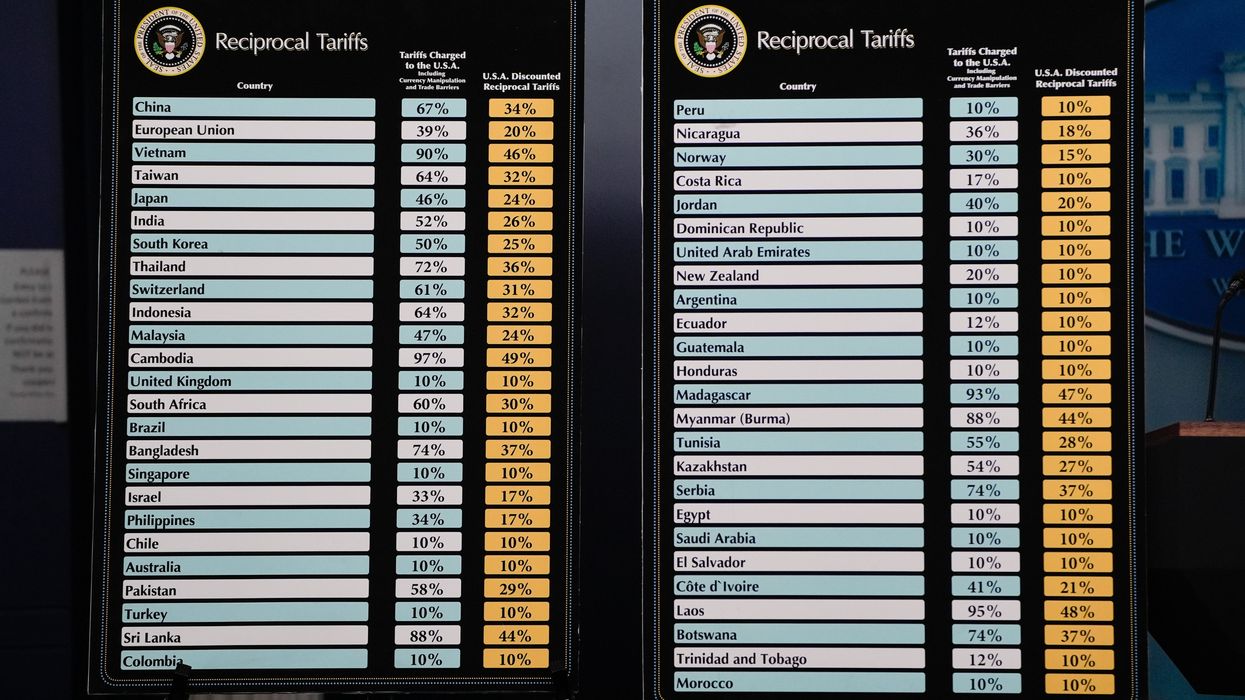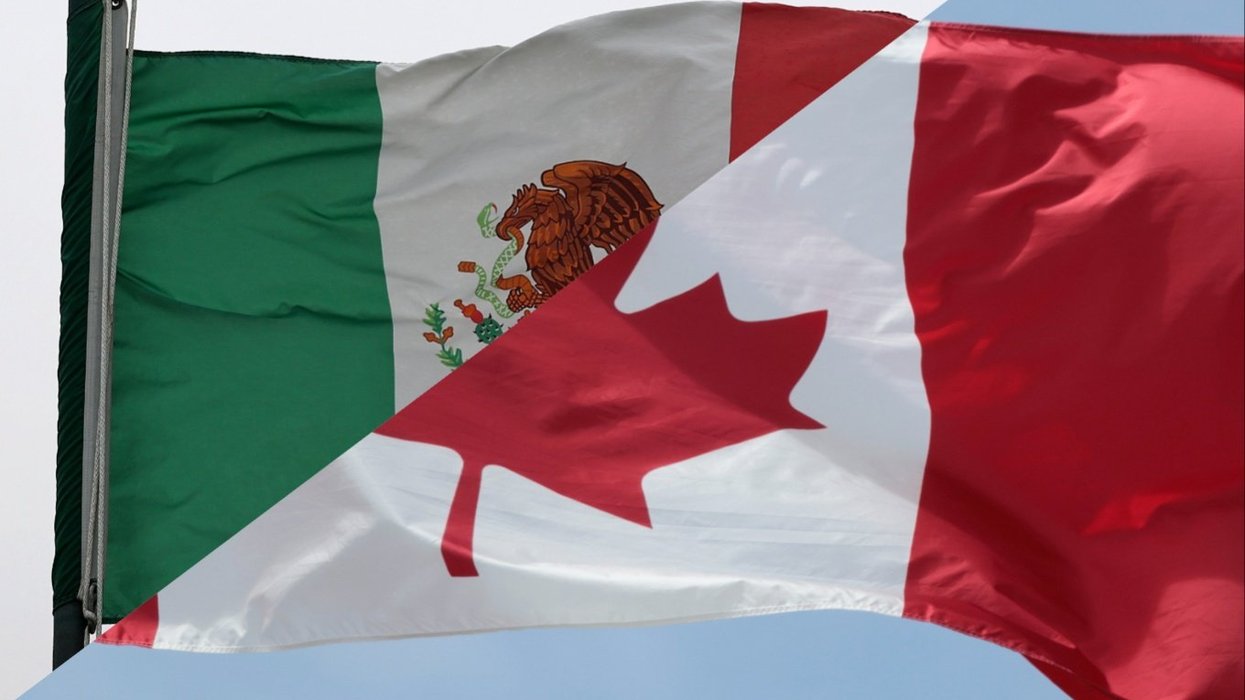Glenn has been working long days, arriving early at the studio and leaving in the evening. He has poured his energy into applying lessons from the four books he's urged everyone to read. It's not easy. In fact, it's downright stressful.
So, I went in search of stress-reducing tips to help the boss man. Some of what I found was pretty helpful, and some of it was, well, weird. One article in particular totally stressed me out: "The world is stressful. These 25 items can make it less so."
TWENTY-FIVE? Just reading it all increased my stress level. While the list offers fixes for "inner peace, outer peace, and all your other pieces," I don't need another app to keep up with, a coloring book to channel my inner kid or a $25,000 napping pod.
All of these gadgets and methods don't get to the root cause of stress, so their ability to deliver long-term relief is close to zilch (with the exception of the $25,000 napping pod that I'm so putting on my don't-ever-get-me-this Christmas list). There are effective ways to reduce stress that don't involve adopting a rescue dog or "snuggling up in the fuzziest fuzzy blanket in the history of fuzziness."
Here are five real ways to tackle stress:
1. Don't Procrastinate
I read an article years ago by a lawyer about time management. He and his wife, also a lawyer, led busy lives, balancing thriving careers and a family. When asked about how they managed it all, something he said has always stuck with me. Stress often directly relates to unfinished work. His advice? Get it done. Just do the work. Magic happens when you check something off your list.
2. Prioritize
You can't do it all --- at least not well and without added stress. Approach your "to do" list the way home organizers declutter a house: what goes, what stays, what gets donated. How do you decide what stays and what goes? Stephen Covey, author of 7 Habits of Highly Effective People, suggests ranking tasks by important/not important and urgent/not urgent. It's a good way to start. Additionally, I always ask myself, "Who does this matter to?" and "What is the benefit?" Does it matter only to me? What will be the impact if this doesn't happen for the family or at work? Will anyone notice? Can you delegate something to anyone else? Whittle down your priority list using these tactics --- then make peace with your choices.
3. Declutter
Speaking of decluttering, another memorable teaching moment came from financial coach Suze Orman: where there is clutter, there is debt. After hearing her say that years ago on an Oprah show, I've always tried to keep my desk and house picked up. I'm not always successful at both, especially at the same time, but I try. Keeping my paperwork in order forces me to manage finances and throw away unnecessary mail, resulting in a tidy office and financial peace. I don't want the stress that comes from unknown financial obligations, debt or a cluttered house. Maintaining your physical environment provides breathing room and "white space" to think and relax.
4. Serve Others
Ask anyone about their volunteer experience and he or she will tell you they got more out of it than they gave. Helping other people feels good and takes the focus off your own troubles. Oftentimes, it puts our difficulties in perspective, relieving both stress and anxiety.
5. Pray or Meditate
Spending quiet time in the morning, reading scripture or meditating, allows you to connect and refocus on what's most important. The scientific benefits of both prayer and meditation are plentiful. Prayer reduces stress, improves self-control and makes you nicer. Meditation improves concentration and attention, reduces anxiety and turns off the brain's "me center." Combine the two for a power-packed way to start your day stress-free.
I'll give honorable mention to the scalp massager in the list of 25, but from my experience, I don't need more stuff or trendy tricks to reduce stress.
What about you? How do you stay calm and relaxed when things are stressful? Comment below.












